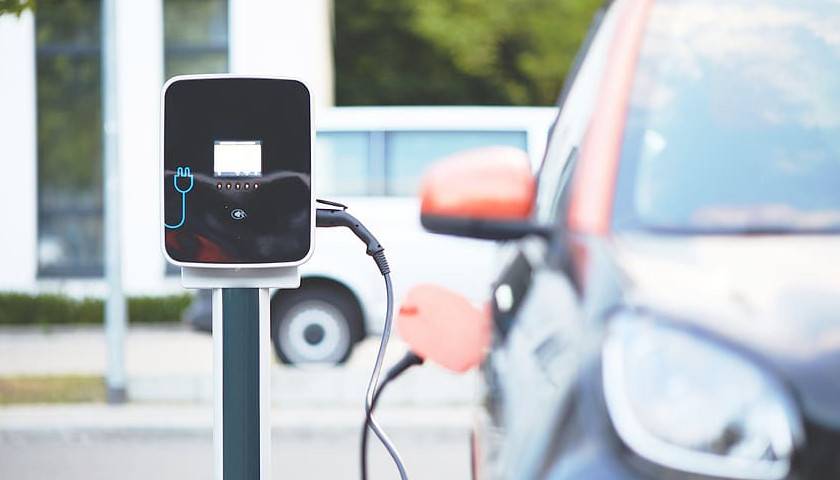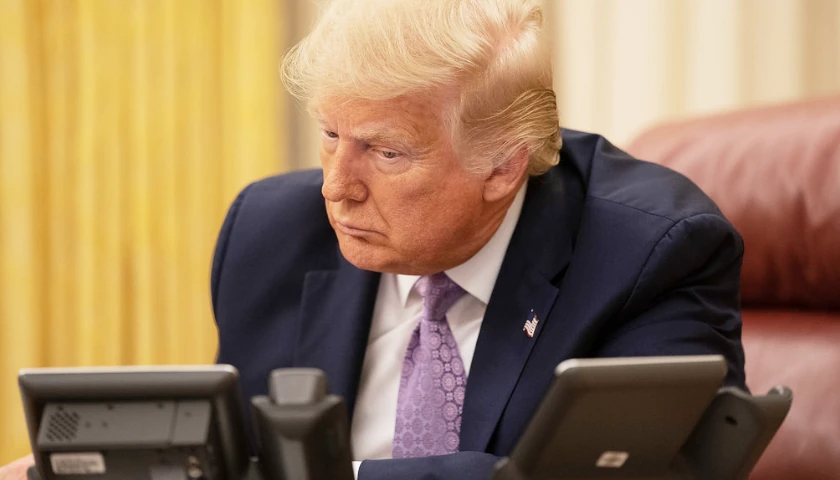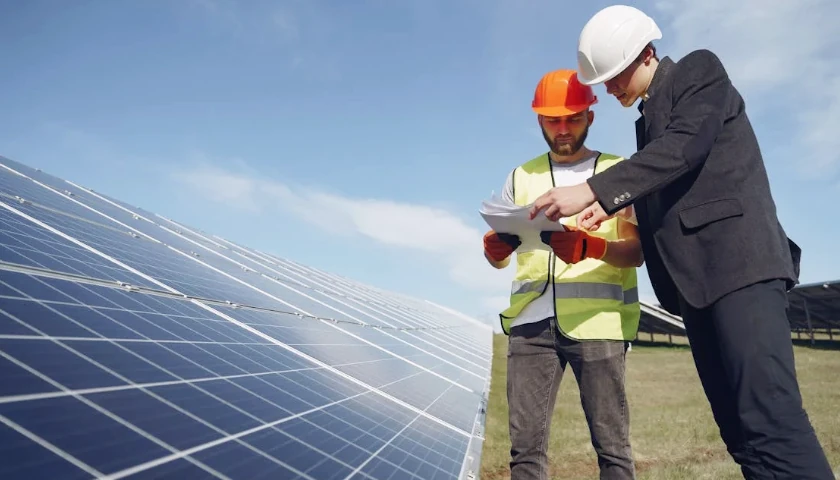by Nick Pope
The federal government is cracking down on electric vehicle (EV) and solar panel components with links to Chinese Uyghur slave labor, Reuters reported Thursday.
Items such as lithium ion batteries, tires and key raw materials like aluminum and steel are facing increased rates of confiscation at the border and ports of entry, according to Reuters. The clamp down under the auspices of the Uyghur Forced Labor Prevention Action (UFLPA) targets minerals, materials and batteries that the Biden administration plans to rely heavily on for producing EVs and solar panels as part of its massive green energy push.
China dominates the global supply chains for the raw materials necessary for building EVs and solar panels. American automobile manufacturers are required to demonstrate that their supply chains are completely free of links to Uyghur forced labor camps in China under the UFLPA, according to Reuters.
 Thirty-one automotive and aerospace shipments have been held under UFLPA since February 2023, according to Reuters. Confiscations of base metal shipments, including aluminum and steel, have also jumped from around $1 million per month at the end of 2022 to more than $15 million per month.
Thirty-one automotive and aerospace shipments have been held under UFLPA since February 2023, according to Reuters. Confiscations of base metal shipments, including aluminum and steel, have also jumped from around $1 million per month at the end of 2022 to more than $15 million per month.
VP HARRIS: "When we invest in clean energy and electric vehicles and reduce population, more of our children can breath clean air and drink clean water." pic.twitter.com/yhZzDmkeAM
— Daily Caller (@DailyCaller) July 14, 2023
The government’s push to stamp out supply chain links to Uyghur forced labor follows an April report from the U.K.’s Sheffield Hallam University, which found that “practically every major traditional automotive and electric vehicle manufacturer has significant exposure to forced labor in the Uyghur Region.”
China uses slave labor from its Uyghur Muslim detainees to produce the key components and products at an advantage on the global market, selling the products to countries that have higher labor standards and costs, according to Bloomberg News.
The Biden administration is forging ahead with its ambitious EV agenda despite any problems the UFLPA’s enforcement may pose for the affected industries. The administration proposed stringent new tailpipe emissions standards in April that would essentially require American manufacturers to have their new fleets be 67% EVs after model year 2032, and the National Highway Traffic Safety Administration is also pursuing tight long-term fuel economy standards that would force manufacturers to focus on EV production.
The UFPLA’s enforcement has already impacted the solar panel industry in the U.S., with solar panel installation dropping by 31% last year as Customs and Border Patrol (CBP) detaining Uyghur-linked solar panel shipments and reducing the available supply for installation projects, according to a March report by the Solar Energy Industries Association.
The White House did not respond immediately to a request for comment.
– – –
Nick Pope is a reporter at Daily Caller News Foundation.




